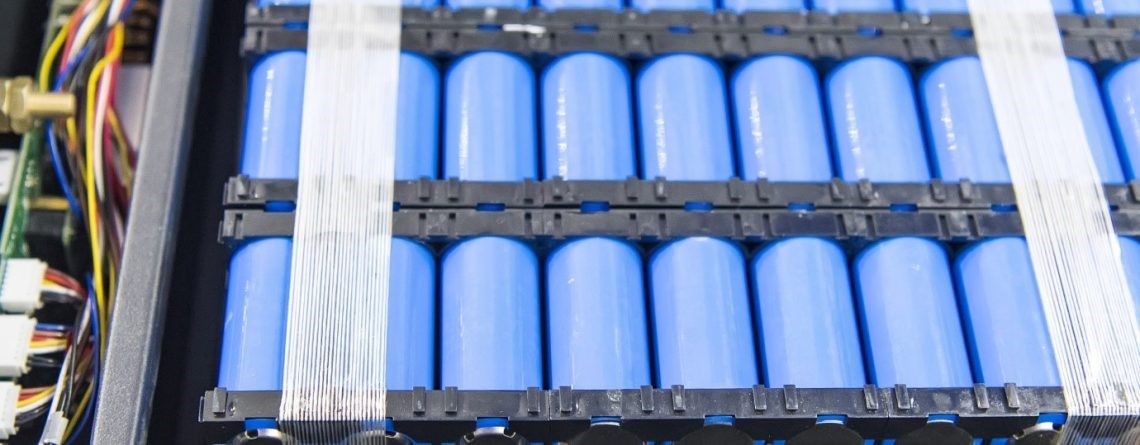Lithium-ion batteries are commonly used in many electronic devices, from smartphones to laptops. They offer several advantages, such as high energy density and a relatively lightweight design. However, despite their many benefits, they are not always the best choice for long-term use. Understanding why this is the case involves examining their limitations and challenges.
High Capacity vs. Longevity
While high capacity lithium-ion batteries can store a lot of energy, their performance may degrade over time. These batteries are designed to provide a high amount of power in a compact form. However, their ability to maintain this power diminishes with repeated use. This degradation occurs because the battery's internal components wear out after many charge and discharge cycles. As a result, the battery's overall lifespan is limited, making it less ideal for applications requiring long-term reliability.
The Impact of Charge Cycles
A significant factor affecting the longevity of power Li-ion batteries is the number of charge cycles they undergo. Each time a battery is charged and discharged, it goes through a cycle that affects its internal chemistry. Over time, these cycles cause the battery to lose its capacity to hold a charge. For instance, after several hundred charge cycles, a lithium-ion battery may only hold 80% of its original capacity. This reduction in capacity can lead to shorter device usage times and the need for more frequent replacements.
Temperature Sensitivity
Power Li-ion batteries are sensitive to temperature changes, which can impact their performance and lifespan. Extreme temperatures, whether hot or cold, can accelerate the degradation of the battery's materials. High temperatures can cause the battery to overheat, while low temperatures can reduce its ability to deliver power effectively. This temperature sensitivity limits the battery’s suitability for applications where stable and reliable performance is required over long periods.
Degradation of Battery Cells
Another issue with high capacity lithium-ion batteries is the gradual degradation of their individual cells. As the battery ages, the cells can become less efficient at storing and releasing energy. This degradation is often due to the buildup of chemical byproducts inside the battery. These byproducts can interfere with the battery's ability to function properly, leading to reduced performance and potential failure.
Cost and Maintenance
Using power Li-ion batteries for long-term applications can also be cost-prohibitive. While these batteries are initially more affordable than some alternatives, their frequent replacement and maintenance needs can add up over time. The costs associated with replacing worn-out batteries and maintaining devices that rely on them can outweigh the benefits of using lithium-ion technology for the long run.
Applications Where Lithium-Ion Batteries Shine
Despite their limitations, high capacity lithium-ion batteries are still widely used in many applications where their advantages outweigh their drawbacks. They are particularly effective in devices where high power output and lightweight design are essential, such as in portable electronics and electric vehicles. For these applications, the benefits of lithium-ion technology often justify the trade-offs in terms of longevity.
In summary
While lithium-ion batteries offer impressive power and efficiency, their use for the long run is limited by factors such as capacity degradation, temperature sensitivity, and the effects of charge cycles. For applications requiring long-term reliability, it may be necessary to consider alternative battery technologies or additional measures to extend the battery's lifespan. Companies like Emerging Power are working to address these challenges and develop advanced battery solutions that can better meet the demands of long-term use. Understanding these limitations helps in choosing the right battery technology for each specific application.

